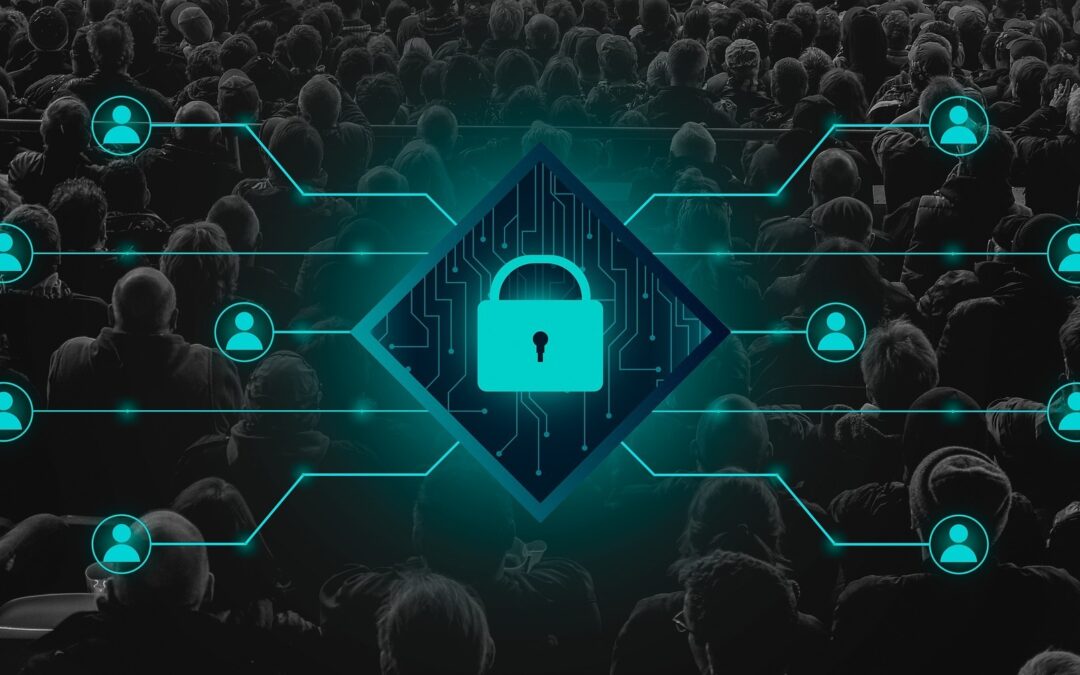The successful management of an HR project requires the upstream preparation of a precise governance structure, to ensure the success of each phase of the action plan. Whatever the nature of the project, it is essential to choose different stakeholder profiles to ensure reliable and appropriate interaction at all stages of decision-making. From scoping to execution, to deployment and maintenance, the roadmap of an HR transformation project is based on collaboration. Project governance almost systematically requires a steering committee.
What is project governance?
Managing, steering, developing: governance is a key action to consolidate the smooth running and balance of activities carried out within a company. To ensure effective decision-making, the roles and responsibilities of each stakeholder are of paramount importance.
The profiles of participants selected for their ability to take charge of a specific phase of the HR project bring two main advantages: information flows optimally, and actions are decided on consistently.
Thanks to effective governance, the project benefits from a cycle of constant improvement in the HR department, whose missions are one of the key factors for its profitability.
The technical and functional scoping phase
Indispensable within a project team, the role of the solution architect is to reinforce the company’s IT architecture in the field of IS (” Information System “) to support future technological developments. Based on a study of the IT environment, the company’s activity and its challenges, he can then propose and implement a technical solution appropriate to the structure’s needs. It supports the project manager by providing sound advice and keeping the project on budget.
For his part, the technical consultant conducts a technology watch by identifying the best digital partners likely to provide real added value. It helps the project manager to respond in a comprehensible and technical way to the various calls for tender. He configures and updates the computer system.
The functional consultant completes the role of the solution architect and the technical consultant by defining the business issues and the possible risks caused by the installation of the new information system in the company.
The construction and realization phase
The PMO (Project Management Office) is a department responsible for determining the various processes related to project management. Its members include technical-functional consultants and project managers.
The actors of a PMO define the general policy, the operating modes and the change management related to project governance. They foster communication between the various collaborators through a common language, a collective mentality and training workshops, which are essential links in the chain of harmonious project management.
The members of a PMO also set the priorities for the HR reorganization program, carefully considering the imposed schedule, the dashboards and the budget. They provide the structure with steering tools for project governance, such as computer software or reference systems.
The deployment and training phase
Once the HR project has been clearly defined, planning completed and resources managed, the deployment phase can begin. This involves the implementation of new solutions designed to improve the company’s service, which must be carried out by experienced consultants and managers with cutting-edge expertise in the field.
The deployment period encompasses all the events that take place between the order to the manufacturer, in the case of an HRIS (“Human Resources Management Information System”) for example, and the actual installation.
The establishment of a deployment schedule including the objectives, the scope and especially the different stages of the implementation is essential. Specific dates and deadlines are assigned to each stage of development.
It is essential that training be scheduled so that HR managers and all those affected by this change can quickly get to grips with the new tools.
Support and TMA
In order to manage the sustainability of the new tool in the human resources department, it is essential to ensure a support phase, which is a natural continuity affecting all projects in a structure. While waiting for the benefits offered by the project to materialize, the facility must enable participants to benefit from optimal learning.
Junior profiles ” are now a successful strategy for many companies. Motivated, curious and willing to prove themselves, young graduates are highly sought after to take charge of the support part of a project. They progress day by day alongside employees with proven experience in the field, who carefully supervise them.
TMA ( Third Party Application Maintenance ) is the final phase of the governance of an HR project. The maintenance of the system is entrusted to an external service provider or an experienced consultant, whose decision making enables the benefits of the new HR resources to be sustained and even improved.
What tools can you use to manage your HR strategy?
Optimize your HR strategy and discover the essential management tools you need to achieve your objectives. Don't miss this opportunity to successfully manage your HR projects.
See also our feature on "HR strategy management tools".
- What are the key issues facing HR departments today?
- Organization, talent management, recruitment: priority HR projects?
- Human resources management: what HR strategies for the future?
- Best practices to manage your HR strategy in an optimal way
- The different HR management tools to carry out your HR strategy
- HRIS software: the different areas of intervention for the HR function
- How to convince your management to invest in an HRIS tool?
- Is it necessary to be accompanied in the management of an HR strategy?
- What indicators should be defined to measure the performance of an HR strategy?
- HR strategy: how to achieve effective HR reporting?
- Who should drive HR projects in the company?
- Setting up a working group for an HR project: who should be involved?
Contact
A project? A request?A question?
Contact us today and find out how we can work together to make your company’s digital future a reality.













